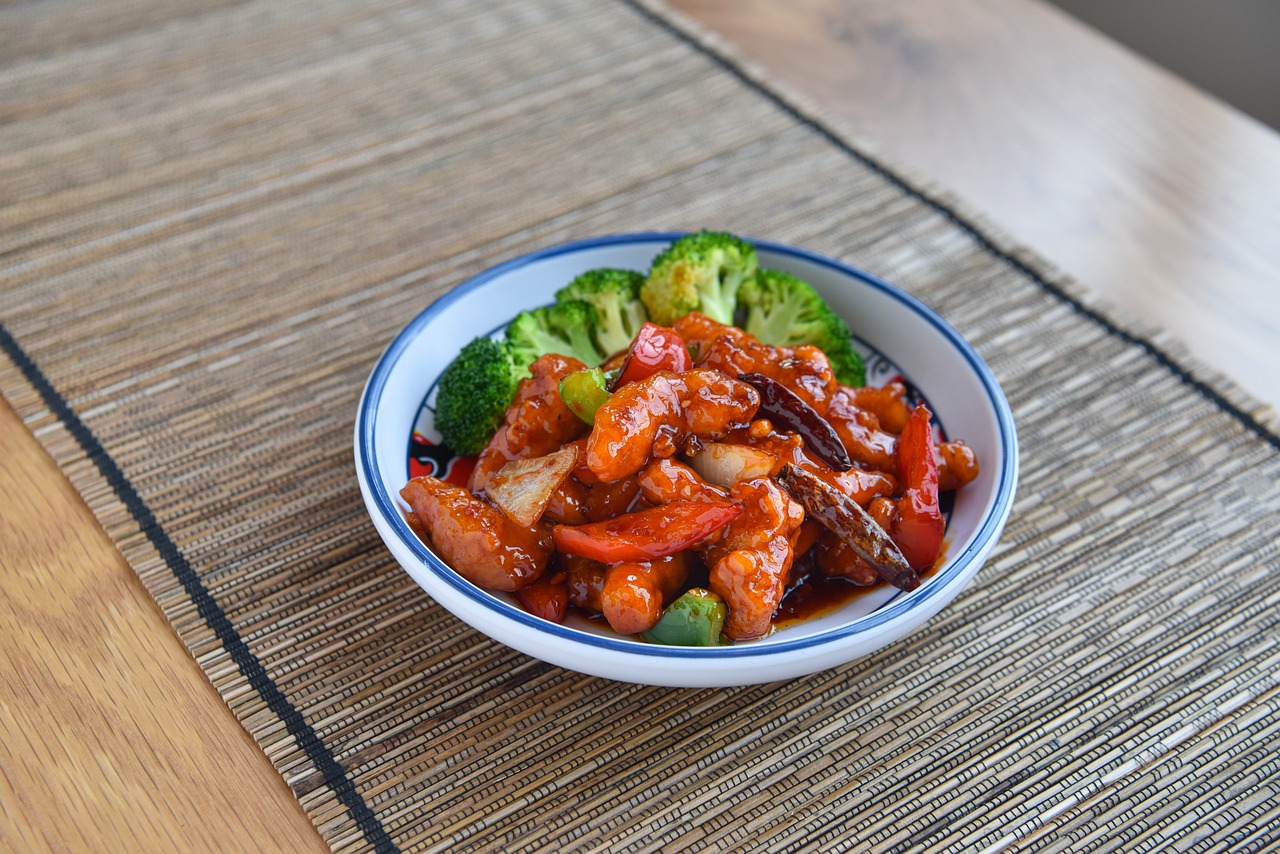The Psychology of Food Cravings: Understanding the Urge to Indulge
Food cravings are a common phenomenon that many people experience, often feeling an intense desire for specific types of foods. These cravings can vary widely from person to person and can be influenced by a multitude of factors such as environmental cues, cultural influences, and biological processes. Scientists have been studying the science behind food cravings to understand why they occur and how they can impact our eating behaviors.
One key factor in food cravings is the role of neurotransmitters in the brain, such as dopamine and serotonin. These chemicals play a crucial role in regulating our mood and reward system, and can influence the foods we crave. For example, when we eat foods high in sugar or fat, our brain releases dopamine, which can create a pleasurable sensation and reinforce the desire to eat those foods again in the future. Understanding the neurobiological mechanisms behind food cravings can shed light on why they can be so difficult to resist and provide insight into strategies for managing them.
• Neurotransmitters like dopamine and serotonin play a role in food cravings
• Dopamine is released when we eat foods high in sugar or fat, creating a pleasurable sensation
• Understanding the neurobiological mechanisms can help manage food cravings efficiently
How Emotions Influence Our Cravings
When we experience emotions, our cravings for certain foods can intensify. For example, during times of stress, many individuals find themselves reaching for comfort foods like chocolate or ice cream. This could be due to the release of hormones such as cortisol, which is linked to stress, triggering a desire for foods that provide a sense of pleasure and satisfaction.
Similarly, feelings of loneliness or sadness may lead to cravings for foods that are associated with positive memories or feelings of warmth and solace. This connection between emotions and cravings can be powerful and can sometimes lead to emotional eating, where individuals turn to food as a form of coping mechanism for their feelings. Understanding these emotional triggers can help us better manage our cravings and make healthier choices in the long run.
The Role of Biology in Food Cravings
Food cravings are often driven by biological factors that influence our desire for certain foods. These biological mechanisms can be traced back to our evolutionary history, where cravings played a vital role in ensuring the survival of our ancestors. For example, the preference for sweet foods may have evolved as a way to seek out sources of energy-dense carbohydrates, while a craving for salty foods could be linked to the need for essential minerals like sodium.
Additionally, our genetics can also play a role in determining our food cravings. Studies have shown that genetic variations can influence our taste preferences, making some individuals more prone to craving certain types of foods. These genetic predispositions can impact our sensitivity to flavors and textures, ultimately shaping the kinds of foods we find most appealing.
What is the science behind food cravings?
Food cravings are often triggered by a complex interplay of hormones, neurotransmitters, and other chemicals in the brain that signal the body to seek out certain types of foods.
How do emotions influence our cravings?
Emotions can play a significant role in food cravings, as stress, boredom, and even happiness can lead us to seek out specific types of foods for comfort or reward.
What role does biology play in food cravings?
Biology plays a crucial role in food cravings, as genetic factors, hormonal imbalances, and even brain chemistry can all influence the types of foods we crave and how intensely we desire them.







